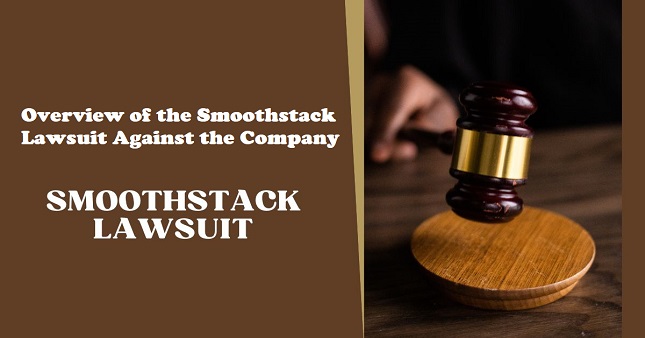Overview of the Smoothstack Lawsuit Against the Company
Home » Informational » Overview of the Smoothstack Lawsuit Against the Company
A former employee initiated a class action lawsuit against Smoothstack Inc., alleging Fair Labor Standards Act (FLSA) violations.
The lawsuit claims that Smoothstack a staffing agency that aids individuals in starting IT careers through training and job placements runs a six-month training program. During this period recruits must often work over 80 hours weekly.
The lawsuit asserts that Smoothstack does not compensate recruits for the first three weeks and fails to pay for any hours exceeding 40 each week during the remaining five months.
According to the FLSA, Smoothstack is obligated to pay employees at least the minimum wage for all hours worked and provide overtime pay for any hours beyond 40 each week.
Repayment Agreement and Employment Terms
Furthermore, recruits are asked to sign a repayment agreement three weeks into their training. This agreement states they will owe $23,875 if they leave or are terminated before completing 4,000 hours of client work which equates to about two years of full-time work.
If recruits agree to the terms, they receive minimum wage during the last five months of their training before becoming consultants. They can earn between $26 and $31 per hour.
Once they reach this stage, Smoothstack presents another agreement that requires consultants to complete 4,000 hours of work before they can resign or be dismissed. The lawsuit claims that if consultants refuse to sign this new agreement. They violate their previous training contract and face penalties.
Consultant Status and Legal Action
The complaint further explains that if a consultant’s client assignment ends. They are placed on “bench status.” Those on the bench receive minimum wage but their hours do not count toward the 4,000-hour requirement. They cannot resign due to the penalty trapping them in low-wage positions.
“If a consultant hasn’t met their required hours, they remain in a minimum wage role indefinitely,” the complaint states. This arrangement allegedly violates FLSA regulations as workers shouldn’t have their pay tied to their willingness to stay.
Additionally, the penalty is described as an illegal wage kickback. It breaches FLSA rules since employees who leave early may receive wages significantly below the minimum wage.
The complaint mentions that Smoothstack has pursued legal action against former employees to enforce the penalty. But a Virginia state court deemed the agreement unjust.
The plaintiff joined Smoothstack in the spring of 2020. He realized the risks associated with the training contract but felt compelled to sign. The agreement was framed as an “all or nothing” offer which he needed to accept to retain his position after working 3 weeks without pay.
The lawsuit claims the plaintiff is among many Smoothstack workers. Who toiled long hours for minimal or no pay and couldn’t pursue better job options due to the penalty.
The plaintiff accepted the employment agreement in October 2020. Sought legal advice, and alerted Smoothstack to its FLSA violations in November 2022. He tried to negotiate a settlement for himself and other affected employees, but Smoothstack’s legal team ignored his outreach.
In January 2023, Smoothstack’s chief operating officer contacted the plaintiff regarding his wage claims allegedly to intimidate or pressure him.
The plaintiff informed Smoothstack on April 4 of his intent to file a class action lawsuit after being placed on bench status. Just three days later the company terminated his employment claiming it was an act of retaliation.
The lawsuit seeks to represent anyone who has participated in Smoothstack’s training program or signed repayment agreements since April 13, 2020.


